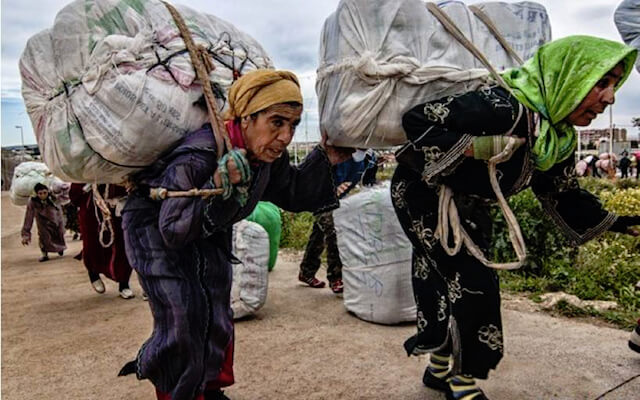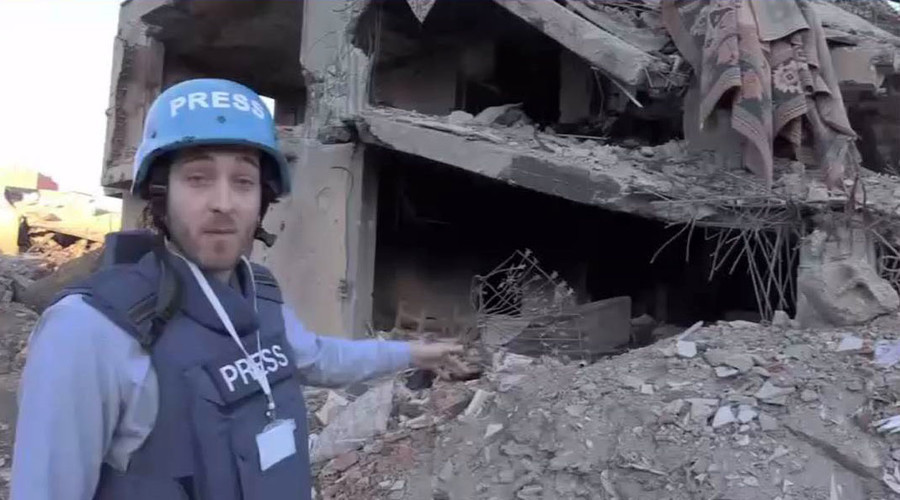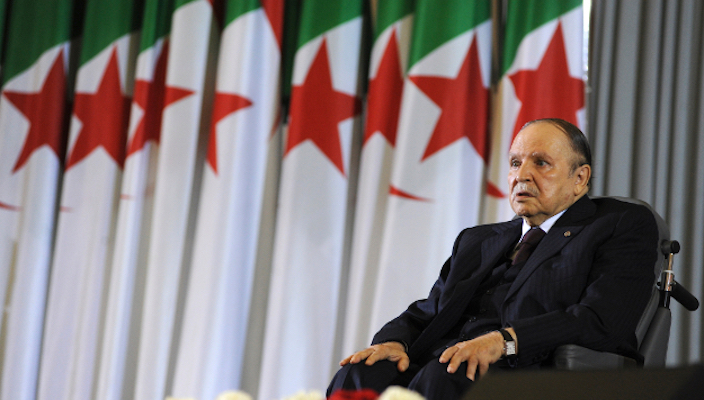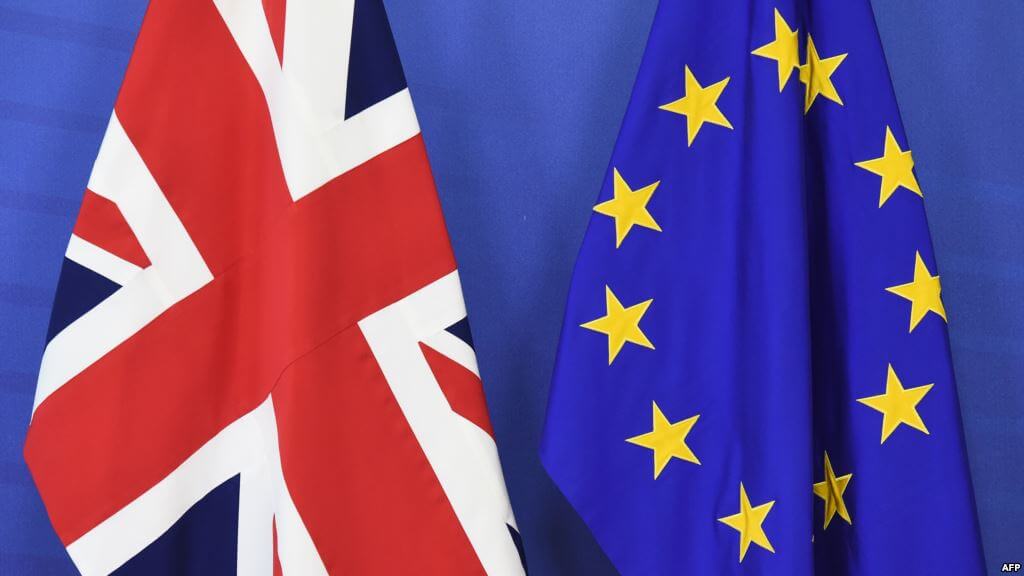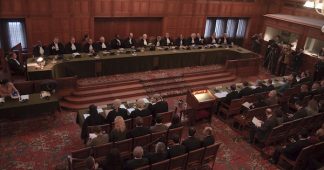By José Antonio Bautista
The refugee crisis, Obama’s visit to Cuba and the attack on Brussels are eclipsing a major problem for Spain: the Polisario Front and Morocco are closer than ever to take up arms again after the signing of the peace agreement in 1991, which was supposed to lead to a self-determination referendum that never actually took place. It’s even closer than when Moroccan authorities crushed the protest camp that the Saharauis had set up near Laayoune at the end of 2010, causing dozens of fatal victims and missing people.
After expelling, last weekend, 84 MINURSO officers that were working in Laayoune, capital of Western Sahara under Moroccan control, Rabat requested last Tuesday a list of the 28 UN officers that are still in the area, with the alleged purpose of organizing the plebiscite. Furthermore, the Laayouni authorities ordered the shutting down of the military office from where the UN supervises the ceasefire, in the former province —even worse than colony— of Spain until 1975. This is King Mohammed VI’s response to the alleged “affront” in which Ban Ki-moon incurred when he used the term “occupation” to refer to Morocco’s presence in Western Sahara. What’s even worse for Morocco is that Ban Ki-moon pronounced the forbidden word during his visit to the Sahrawi refugee camps in Algeria in early March.
The government’s anger was such that they threatened to remove the 2,300 Moroccan blue helmets that operate throughout Africa. What might seem like a new whim of the Laayouni monarch is being interpreted as a war declaration by the Polisario front: both sides signed peace in 1991 to celebrate a self-determination referendum, in accordance with international law —namely, resolution 1514 of the UN General Assembly—, but by ending the MINURSO, the mission created to that end, Morocco is “inducing to the reopening of the armed confrontation” said the the Saharawi Minister of Foreign Affairs in a public letter.
“This Monday, the President and leader of the Polisario Front, Mohamed Abdelaziz, recruited his troops, and people saw it on TV and it showed them, for first time, thousands of tanks, missiles launchers and radars ready to engage in combat. On the other side of the wall built by Morocco to separate it from Western Sahara, people could see another video, which was recorded early on Monday, showing the deployment of tanks in El Aaiún. Some analysts play down the tense situation by saying that the Polisario Front doesn’t have military power to confront Morocco, however, other experts say that their strength that allowed the Sahrawis to resist for 16 years was their knowledge of the desert and their morale, the Achilles heel of the underpaid soldiers of Rabat that deserted during the war.
Stop Moroccos steps
The international chessboard and its pieces have changed lately. On one side, Ban Ki-moon took matters into his own hands and requested, for the first time, the UN Security Council to stop Morocco. At the moment , France, the US and Spain (non-permanent members of the Council) have not replied to his request and also didn’t express their intention of renewing the term of the MINURSO, which will expire next April.
France is also having increasingly more difficulties to keep up with the the game that determines its relationship with Argelia, its main gas supplier, and Morocco, that uses their terrorist information to keep Paris safe. Meanwhile, in the last few years, the US awarded Sahrawi activists and exerted pressure on Morocco, according to some cables leaked by WikiLeaks and Chris Coleman, a hacker.
Algeria —which since 1975 received at least 160,000 saharawi refugees and is the main ally to the Polisario Front—, keeps 80-year-old Bouteflika, who has not been seen in public since June, as “de iure” President. However, the Argelian military budget grew by 124% between 2009 and 2014, but there is a veil on the identity of the real authorities of the biggest African country, and this creates uncertainty about its implication in a possible military conflict
Morocco seems to be willing to undertake any adventure while its credibility is shaking both within and outside of the country. To its quarrels with the UN adds the cease of its relationship with the European Union last February and its removal from the Amnesty International and Human Rights Watch in 2015, just one year after the secret information was filtered and exposed the Moroccan intelligence’s network of bribes to buy journalists and UN workers , included some senior officials from the UN High Commissioner, who successfully pressured so that MINURSO reported about the human rights violations by Morocco in Western Sahara.
The Saharawi people are still divided between those who suffer the political and cultural repression on the land occupied by Morocco and those who survive in the refugees camps in Tindouf, where increasingly less humanitarian assistance arrives each day.
While Morocco quickly dismantles all the mechanisms that support the status quo and the Peace in Western Sahara since 1991, the Spanish government turns a blind eye and avoids its responsibilities as the power that manages the last African territory yet to be decolonized.
